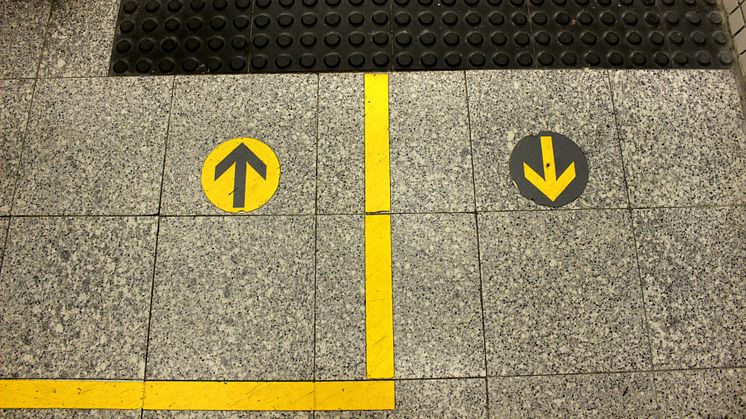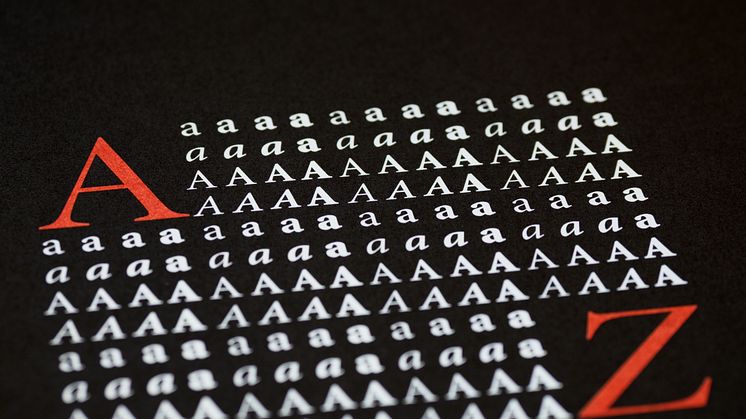
Blog post -
App designer accuses MTR: Please stand back from the ideas
Hong Kong app developer Pokeguide has cried foul over MTR's recently-launched app functionality, saying it pitched the same ideas in 3-4 meetings with management last year.
The ideas Pokeguide claims were its own, and which MTR launched on its own app in early September, are the Fast Exit and In-Station Finder functionalities, which make it easier for passengers to choose the best train door to board, and to find amenities in MTR stations.
Pokeguide says management had responded positively during those meetings, with the SCMP reporting "the rail operator said the In-Station Finder idea was 'very good' and that managers would look into using the ideas after discussing them with other departments".
MTR Corporation, responding in a very-well research Facebook post, says it got those ideas between 2013 and 2015 from New York. You can read the full story at the resource links below.
PitchMark has no information to prove or disprove Pokeguide's claims. But innovators should obviously be aware that whenever a small company pitches its big ideas to an even bigger corporation, it runs the risk of those ideas being taken. So what can you do?
- Keep detailed notes. Even if you can't audio record the meeting, taking detailed notes of when and where your meeting took place, and what was said, helps to bolster your case. Also note who attended, but be careful about naming and shaming individuals.
- Express your ideas in a well-structured presentation. Ensure that you have documentary proof of your ideas. We don't know what Pokeguide showed MTR during its meetings, if anything. But 40 clear, well-articulated slides or pages obviously provide much better documentary proof than a few handwritten notes.
- PitchMark your presentation materials. Before you head to the meeting, or forward the materials to anyone, be sure to upload them to PitchMark, and ideally use the link generator to send them to the intended recipient. Not only does this create proof of date and time of your upload, it also signals to the recipient that you value your ideas, and you expect to be recognised as the creator.
One more thought springs to mind in the Pokeguide-MTR story: if MTR Corp really did get the idea for the Fast Exit and In-Station Finder functionality from New York's public transport operator, shouldn't the New Yorkers be upset, too? Indeed, if the New York operator had these ideas in 2013, did Pokeguide copy them?
Who knows?! But the question of who "owns" the ideas becomes increasingly complicated, which is why you should PitchMark your ideas as soon as possible.
Related links
- Pokeguide's Facebook post (in Chinese)
- MTR's Facebook response (also in Chinese)
- Read the original story in the South China Morning Post
- The Standard's report on the accusations
- Read the story in Marketing Interactive
- Hong Kong Free Press' report on the story
- Interview with Pokeguide in Jumpstart, back in 2015
- Sign up at the PitchMark portal


